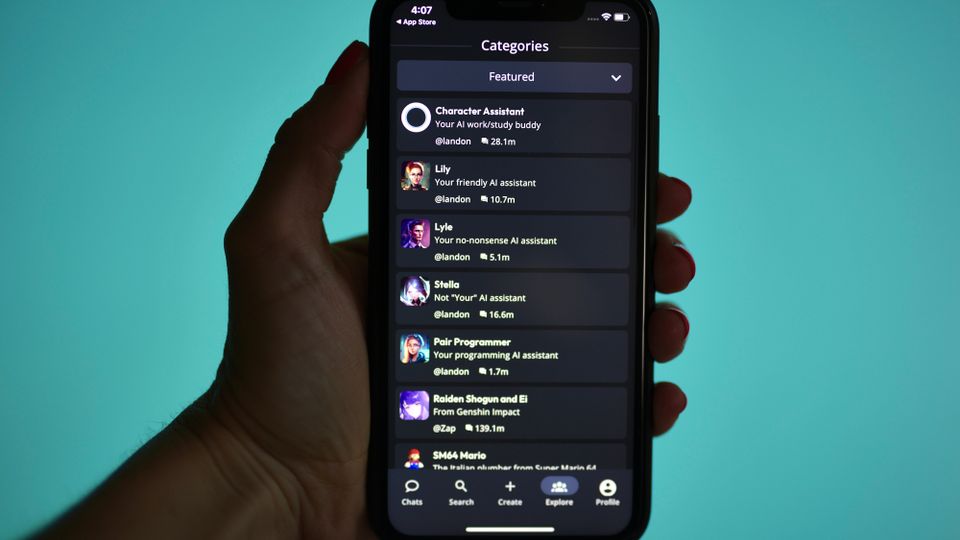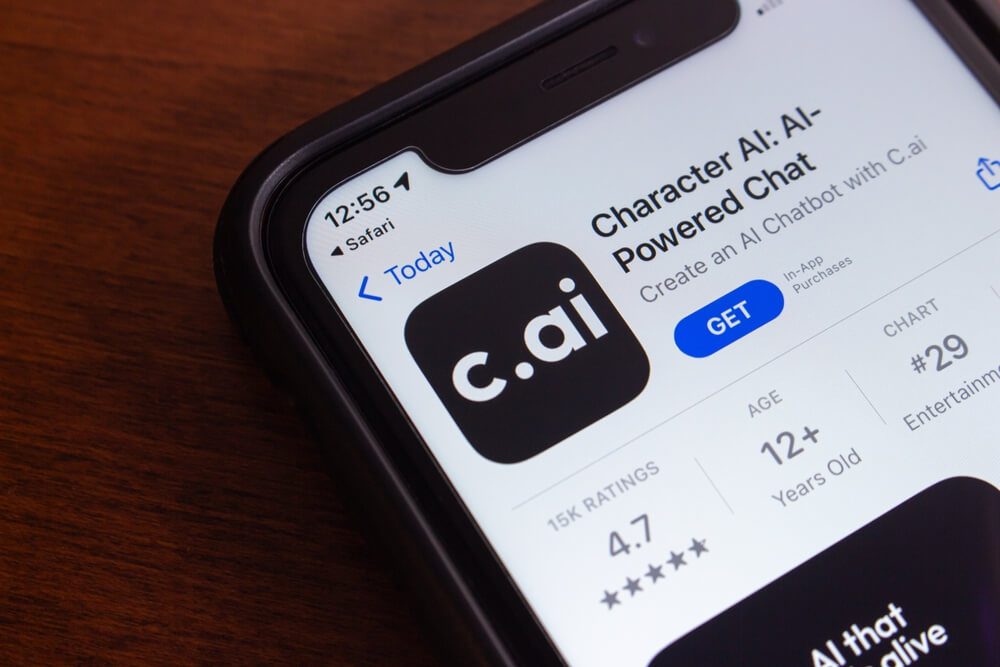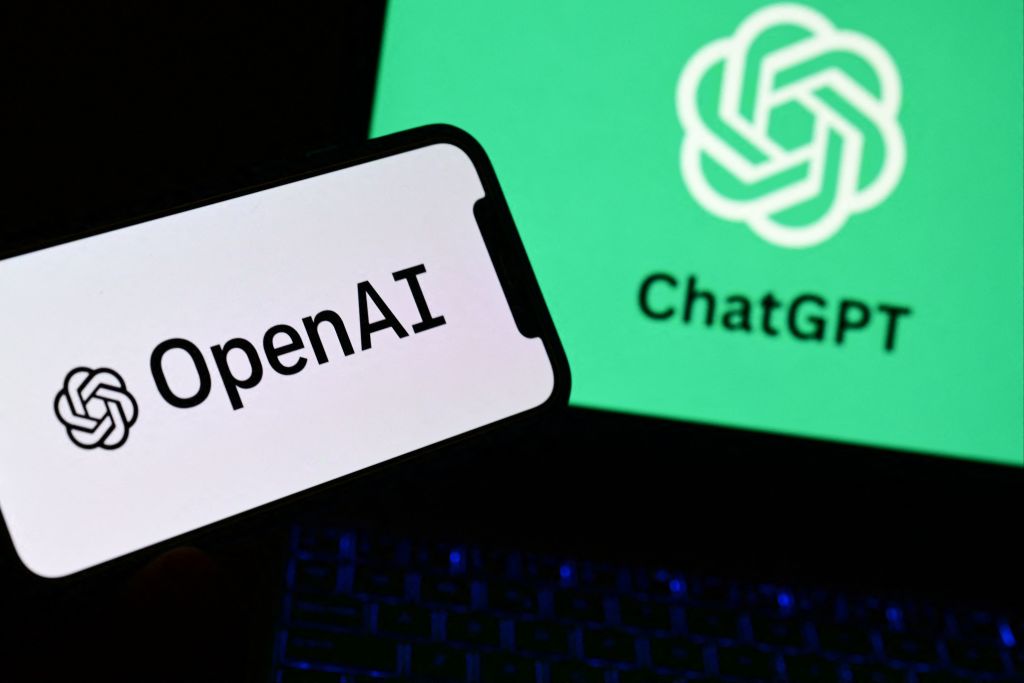AI and Brain Science Converge to Create New Models for Understanding Drug Addiction
Researchers are developing revolutionary approaches to understanding drug addiction and mental illness by combining artificial intelligence with detailed analysis of electrical and chemical signals in brain neurons, potentially transforming how addiction is diagnosed and treated. The emerging methodology focuses on modeling neural circuits at the cluster level, linking specific brain mechanisms to user experiences and […]
AI and Brain Science Converge to Create New Models for Understanding Drug Addiction Read More »





